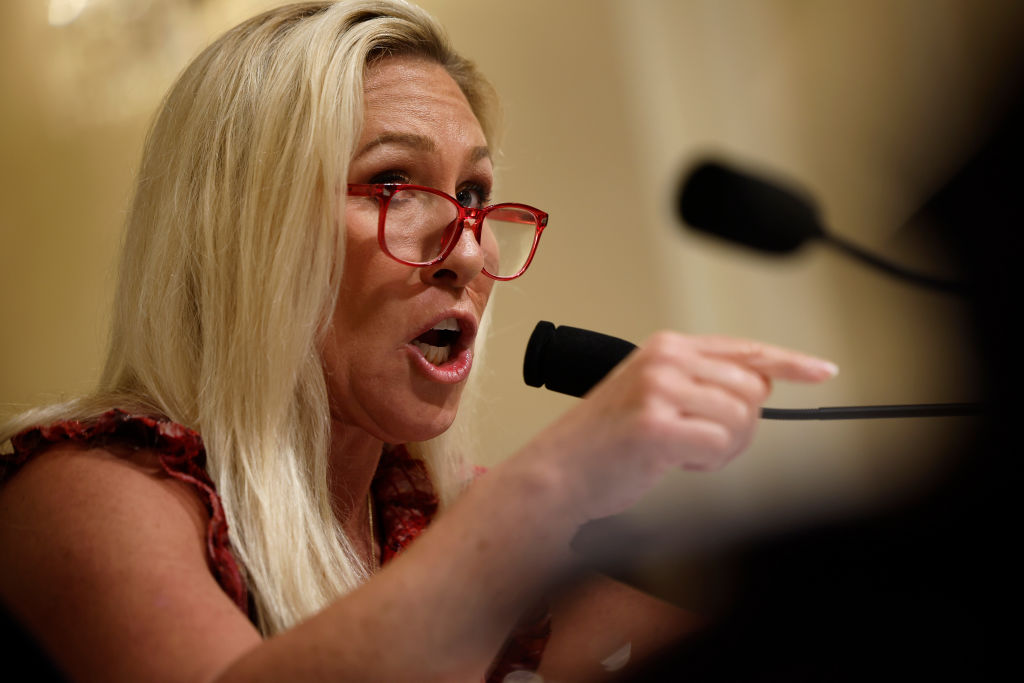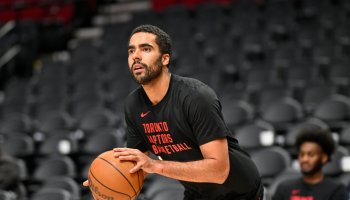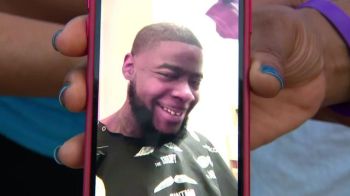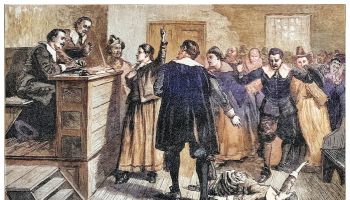On this date 29 years ago, Harold Lee Washington became the first Black mayor of Chicago, leaving an indelible mark on that city’s political landscape.
SEE ALSO:
Recent firings won’t erase National Review’s race problems
Washington’s narrow 1983 victory over opponent Bernard Epton came after he won the primary after vanquishing incumbent mayor Jane Byrne in an earlier primary. Washington’s climb to the mayoral post was preceded by a life of service, culminating into a long and rich political career.
LIKE NewsOne On Facebook To Stay Up On Black News Worldwide!
Washington was a true native son, born to his father Roy, a police captain and lawyer, and mother Bertha, a singer. Washington was raised in Chicago’s Bronzeville neighborhood, once considered the nucleus of Black culture in the city. A budding track star in high school, Washington never completed his studies and instead dropped out just short of graduating. After some odd jobs, Washington was drafted by the military in 1942 during the height of World War II. While stationed in the Philippines, Washington balanced fighting for his country with standing proud in face of the racism he faced all the while.
Shortly after his military tenure, Washington enrolled in Roosevelt College (now University) in 1946. While attending, Washington became entrenched in school activities and became a vocal proponent of racial balance. Graduating from the school in 1949, he then entered the Northwestern University School Of Law, the only black student in his class. Upon his graduation in 1952, Washington’s political career would begin to take hold. Washington worked for 3rd ward leader Ralph Metcalfe, a former Olympic athlete. Washington would organize young democrats across the city, fighting for a number of issues that affected Blacks in the wards where African-Americans lived.
Washington was elected to the Illinois House of Representatives in 1965 after a controversial bid by a set of Black candidates was thrown out on a technicality. Washington would receive a high level of support but faced a tough time working for the state. He was criticized by the very people he tried to assist, yet he fought tirelessly for civil rights. Washington also managed to successfully help pass a bill to make Dr. Martin Luther King’s birthday a state holiday, although his initial attempts were vetoed earlier in his career.
Moving to the Illinois Senate in 1977, Washington would routinely battle “The Machine” – historically known as the “Chicago Democratic Machine.” While working to pass the Illinois Human Rights Act of 1980, Washington was met with resistance from the Machine. He was assisted by Hyde Park political activist Carol Mosley Braun, who would go on to become the only African-American woman elected to the U.S. Senate.
In 1980, Washington was elected to U.S. House of Representatives. His major coup during his time in the House was working to extend the Voting Rights Act, speaking openly against tactics that suppressed Black votes.
With his position in Congress firmly held, Washington would take aim at Chicago’s highest seat in 1983. The victory did much to erase racial lines in the divided city, as Washington’s “man of the people” speaking style helped to ease the fears of white voters and other critics. Washington had opponents at every turn, including Richard Daley who was then the State’s Attorney General.
As mayor, the city’s minorities supported Washington outright, although a group of council members known as “the Eddies” tried to head off every motion from the mayor. White Democrats resisted Washington at every turn, but the mayor wisely catered to the growing Latino population and continued to represent African-Americans fairly as possible.
Shortly after winning re-election in 1987, Washington suffered a massive heart attack while at his desk. On the morning for November 25, paramedics would be called to City Hall in an attempt to revive the mayor. Later that afternoon, Washington was pronounced dead. His wake was attended by thousands of supporters as the city dealt with the shock of losing the beloved leader.
All around Chicago today, Washington’s influence is still felt. The massive Harold Washington Library Center was a fitting tribute given the mayor’s reported love of books. The Loop College was renamed Harold Washington College in his honor. Several building and institutions around the city changed their name to reflect Washington’s name.
President Obama has gone on record to say that he was influenced by Washington, which prompted his move to the city to work as a community organizer. Calling the mayor “larger-than-life,” the President recognized Washington as an inspiration not only to himself, but to other African-Americans nationwide.
To learn more about Harold Washington and his legacy, click here.
SEE ALSO:
















